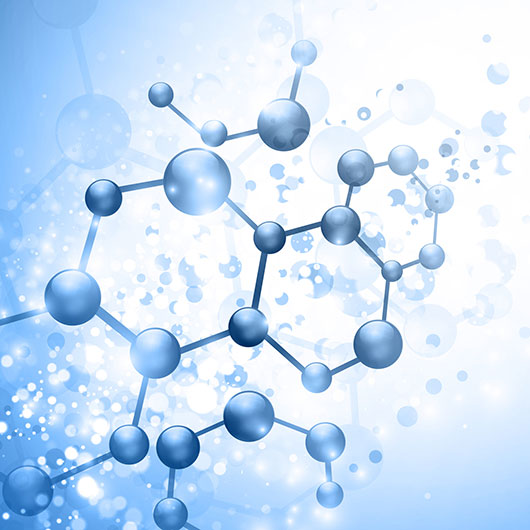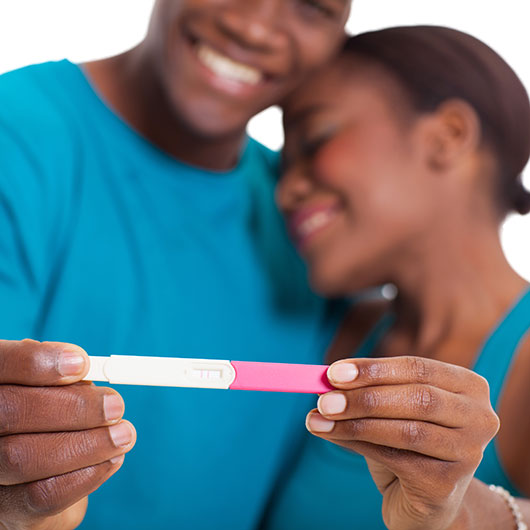Human chorionic gonadotropin (HCG) is a gonad-stimulating polypeptide hormone normally secreted by the placenta during pregnancy. The non-recombinant products are obtained from the urine of pregnant women. The pharmacological actions of HCG resemble those of luteinizing hormone (LH); HCG is generally used as a substitute for LH. Human chorionic gonadotropin is banned from use in competitive sport; some male athletes have used HCG to stimulate testosterone production or to prevent testicular atrophy resulting from the abuse of anabolic steroids and androgens. Urine-derived HCG was first approved by the FDA in 1939, and received subsequent approval for additional indications in 1973.
HCG Uses (includes off-label)
- Treatment of cryptorchidism (undescended testicles)
- Hypogonadism
- Infertility
- Testosterone Therapy adjunct
- Anabolic Steroid Post Cycle Therapy (PCT)
- Possible improvement of libido beyond effect of testosterone alone (Unproven)
- Potential reactivation of upstream hormones with testosterone plus hCG? (Unproven)


